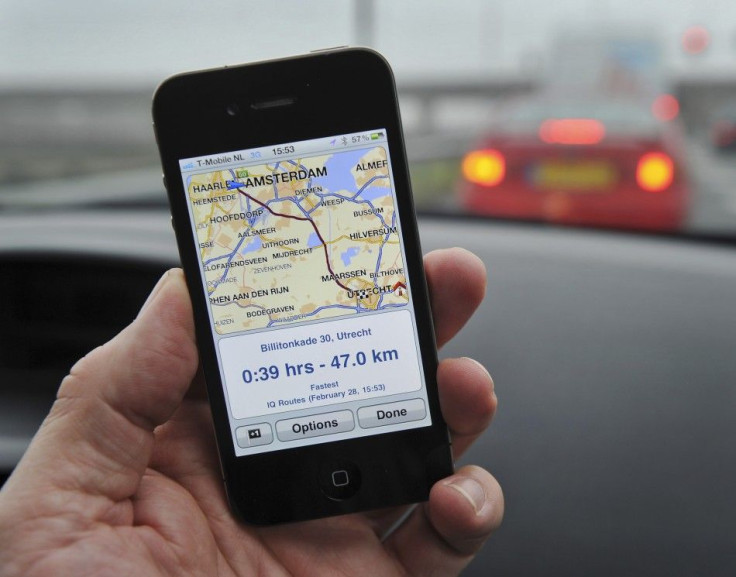AT&T Sued for Throttling Unlimited Data Service: More Small Claims to Follow?

For AT&T, about 17 million customers with unlimited data plans just became a liability.
It began on Friday, when a student and former truck driver named Matt Spaccarelli took the service provider to task in small claims court. He argued that the unlimited plan he had signed up for was no longer truly unlimited--AT&T had slowed down his service speed. The California judge awarded him $850, which AT&T has promised to appeal.
Spaccarelli is just one of many unlimited data plan users whose services have been throttled by the giant service provider. If he wins the appeal, the company could be faced with a wave of individual suits in small claims courts across the country. The potential hassle and PR disaster is something they're keen to avoid.
Once upon a time, AT&T offered unlimited data plans to all. They phased out that option in 2010, but anyone who had already signed up was grandfathered in. For a while, those lucky customers continued to enjoy uncapped access to data. But AT&T has been overwhelmed by heavy usage in recent years, and they needed a way to enforce limits on their heaviest data consumers. So in October of last year, AT&T began to throttle speeds for anyone in the top 5 percent of usage for each billing period.
Their reasoning has some legitimacy: they've been spending heavily on network improvements, but it hasn't been enough to keep up with demand. Capping unlimited users helps them provide better service to all of their other customers.
Now, those who ended up with less than they paid for are joining forces. They can't pursue a class action suit, due to preventative stipulations in AT&T's contract. And they don't have a legal precedent, since Spaccarelli's award was made in small claims court. They can't even expect to win excessive amounts of cash in any single ruling.
But they can pursue individual suits in small claims courts, and they're linking up and finding guidance online.
Brad Sniderman is a California attorney who heard about the Spaccarelli case and was inspired get involved. When I hear about one party, especially at the corporate level, that is not following the terms in a contract that was in fact drafted solely by them, I want to step in and help, he said. I had first heard about the data throttling on a morning news show, but then I read an article on how one person took AT&T to small claims and won! This was too important to not try and help others who may be in that same position but do not know how to be heard. Most people will look at the contract they signed and figure that there is nothing they can do, when in fact many times there are alternatives to seeking recourse. I wanted to make sure consumers were aware of this, and that it was possible to do something.
Sniderman wrote an article that has since been picked up by a myriad of tech blogs across the country. It's called How to Fight AT&T Data-Throttling: Small Claims Action, and it lays out five tips for AT&T customers who want to take legal action. The write-up includes tips about where to file, how to prepare and what to bring to court.
Has AT&T in fact acted illegally? That remains to be seen; their user contract does have a section that gives them the right to deny, disconnect, modify and/or terminate Service, without notice, to anyone it believes is using the Service in any manner prohibited or whose usage adversely impacts its wireless network or service levels or hinders access to its wireless network.
However, Sniderman explains that this language comes from a larger section of the agreement, in which it states users can use their phone for internet, intranet and e-mail. It's only when the phone is used for other reasons, i.e. connecting the phone to another device... that AT&T can slow down speeds. Throttling should not be based on normal use of a data.
Put simply, the legality of it all is far from cut-and-dry. It's likely to come down to contract interpretations in court. And whether this becomes a nationwide movement or not, Sniderman is glad to be on the side fighting for consumer awareness and efficacy.
The bigger issue here is that users who have an unlimited plan should get just that: unlimited use, he said. It's not fair for AT&T to arbitrarily decide that a user, who has an unlimited data plan, can no longer have unlimited data. That is what they pay for each month.
© Copyright IBTimes 2024. All rights reserved.












